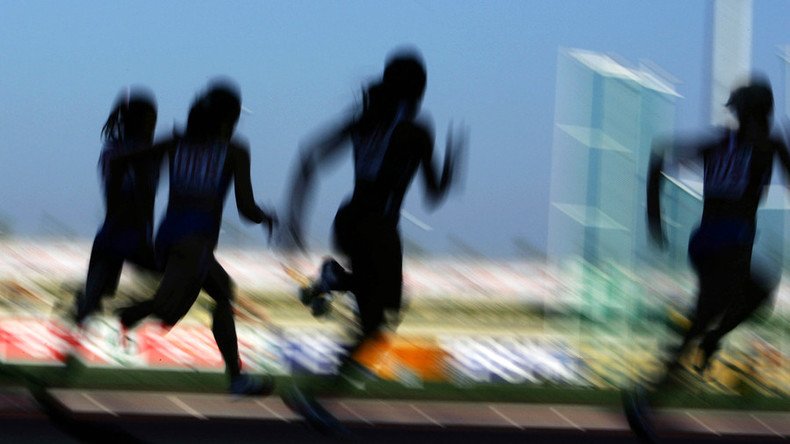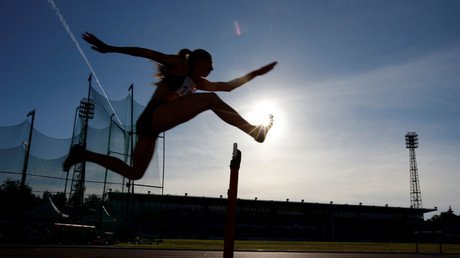Independence at stake: Will IOC cave to US & Canadian pressure on Russia doping scandal?

The leaked letter from US and Canadian doping agencies requesting a blanket ban on the whole Russian team from the 2016 Rio Olympics draws premature conclusions, violating the “innocent until proven guilty” principle, sports attorney David Larkin told RT.
The letter was published ahead of the release of the World Anti-Doping Agency (WADA) report that is expected to shed light on alleged doping at the 2014 Sochi Olympics. Such timing is “alarming in that it draws a conclusion on the facts we don’t yet know and it raises the question whether the report’s confidentiality was breached,” he said.
The objectivity of the letter is also under question, Larkin argues, as the evidence on which it is supposedly based is not yet publically available.
“Even if they have a valued point of view, they have undermined it by drawing conclusions before the report’s release,” he said, adding that it’s “unfair to draw conclusion ahead of the report’s release.”
The proactive and insistent approach the US and Canadian anti-doping bodies are taking gives rise to speculation that they have vested interests in the case.
“What it really raises is the issue of what’s at play here,” Larkin point out, adding that instead of jumping to conclusions, the authors of the letter should have had more patience and calmly waited for the facts.
“What is clear from this letter is that that is not what’s happening,” the lawyer, who is also a biochemist, stressed.
Earlier, Canadian Center for Ethics in Sports (CCES) chief Paul Melia said “the International Olympic Committee (IOC) will have no choice but to ban all Russian athletes from this summer Olympic Summer Games in Rio” should WADA’s report substantiate the allegations previously made by the former head of the Moscow anti-doping laboratory, Grigory Rodchenkov, who himself stands accused of doping-related crimes in Russia.
Speaking about the disproportionate attention the anti-doping investigators are paying to Russia, Larkin noted that while it’s “justified that people are very concerned about the numerous allegations that have been levelled at the Russian program,” the claims need to be scrutinized more thoroughly. “What’s not justified is drawing conclusions ahead of the facts or burden shifting,” he stressed.
“So we presume the people are guilty without any evidence to that fact,” the lawyer stressed.
Italian journalist Marcello Foa echoed Larkin’s concerns of bias towards Russia, saying that “no countries have been disqualified for massive doping use in the past.”
“It’s a unique decision, it’s a very severe decision without no [sic] precedent,” he added.
While athletes from twelve countries have fallen under suspicion of committing doping violations, “the focus on these countries has disappeared. Nobody knows what happened to the inquires. Probably they will not be punished before the Olympic games”, he said.
“Justice is a good thing when it is fair for everybody,” Foa concluded.













